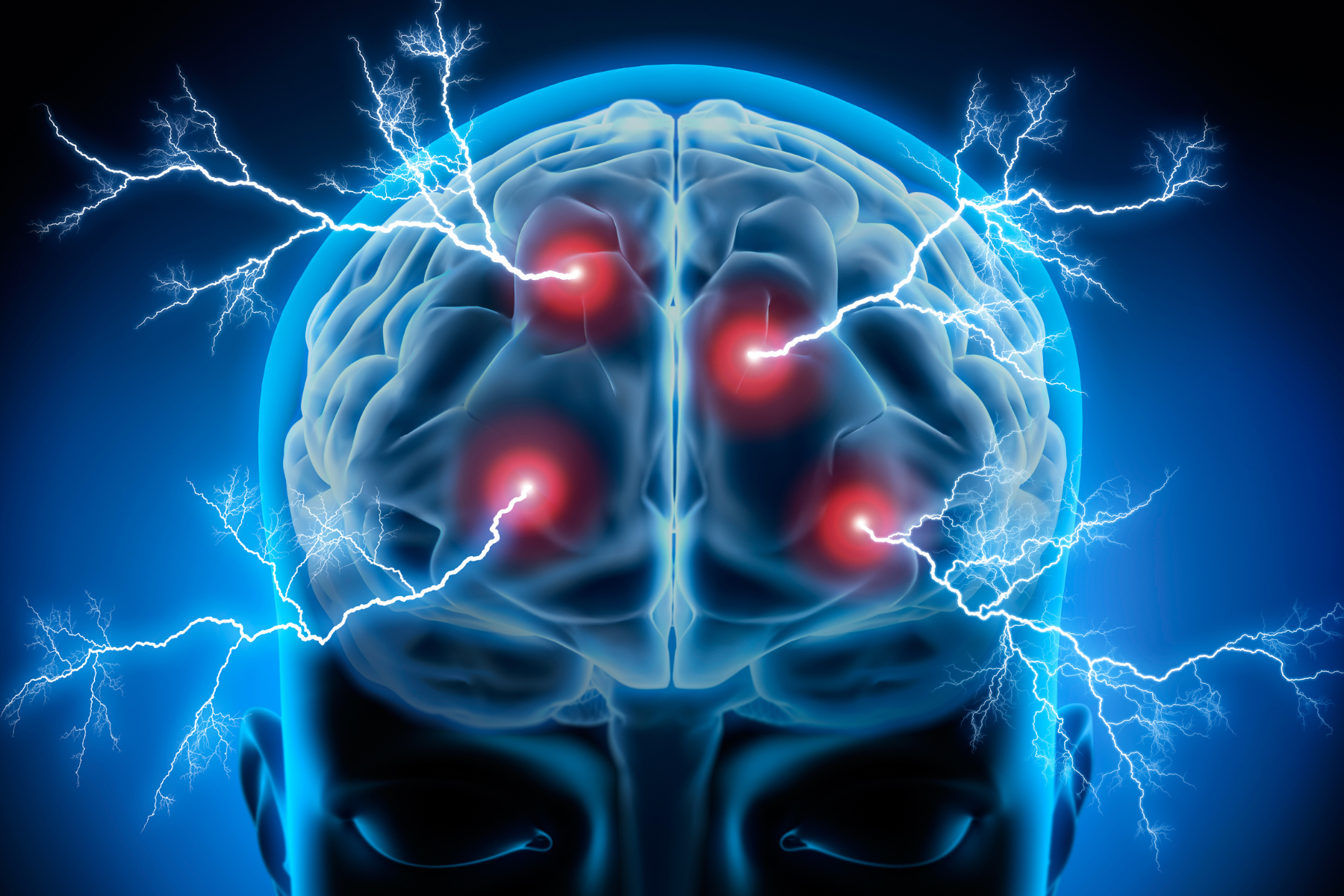How to Change Your Brain’s Operating System With Diet
For years, mental health has been treated as separate from physical health. Pills are often the first solution offered, while food is rarely even discussed. Dr. Georgia Ede, a Harvard-trained psychiatrist, has been working to change that. She calls her approach “metabolic psychiatry,” and her research shows that the food you eat directly influences how your brain works.
Think of diet as the operating system of your brain. When you run it on processed food, sugar, and seed oils, the system lags. When you shift to clean proteins, healthy fats, and lower carbohydrate intake, the brain has access to a more stable and efficient fuel source. That fuel is ketones.
Dr. Ede explains that most people rely heavily on glucose, but glucose is not always a reliable energy source. If your metabolism is already struggling, the brain feels the instability. Ketones, on the other hand, provide steady energy and can bypass glucose dysfunction. This is why ketogenic diets have long been used for epilepsy and are now being studied for mood disorders.
The results are striking. In one study, 31 patients with treatment-resistant mental illness switched to a ketogenic diet. Every single one improved. Nearly half went into remission. Many were able to reduce or stop their medications. Weight loss was common, but what stood out most was the impact on mood and cognition.
Dr. Ede also emphasizes the role of inflammation and gut health. Foods like grains, legumes, and seed oils can irritate the gut and trigger inflammation that feeds back into the brain. Removing these stressors often improves both digestion and mental clarity.
Her book, Change Your Diet, Change Your Mind, outlines a practical roadmap she calls the “Quiet Diet.” It is flexible and personalized. Some may thrive on a paleo-style approach that avoids grains and processed foods. Others may need a stricter ketogenic or even carnivore plan. The goal is not one diet for everyone, but the right diet for you.
The science is still building, but the direction is clear. Food is not neutral. It is information. Every bite you eat tells your brain how to function.
If you struggle with brain fog, low mood, or energy swings, consider this simple starting point:
Remove processed foods, sugar, and seed oils.
Focus on whole proteins and natural fats.
Experiment with lowering carbs and notice how your brain feels.
Track your energy, mood, and focus daily.
Your brain’s operating system does not need to stay stuck on its default settings. With the right food, you can upgrade to a more stable, focused, and resilient mind.
This content is never meant to serve as medical advice.
In crafting this blog post, I aimed to encapsulate the essence of research findings while presenting the information in a reader-friendly format that promotes critical thinking and informed decision-making.

